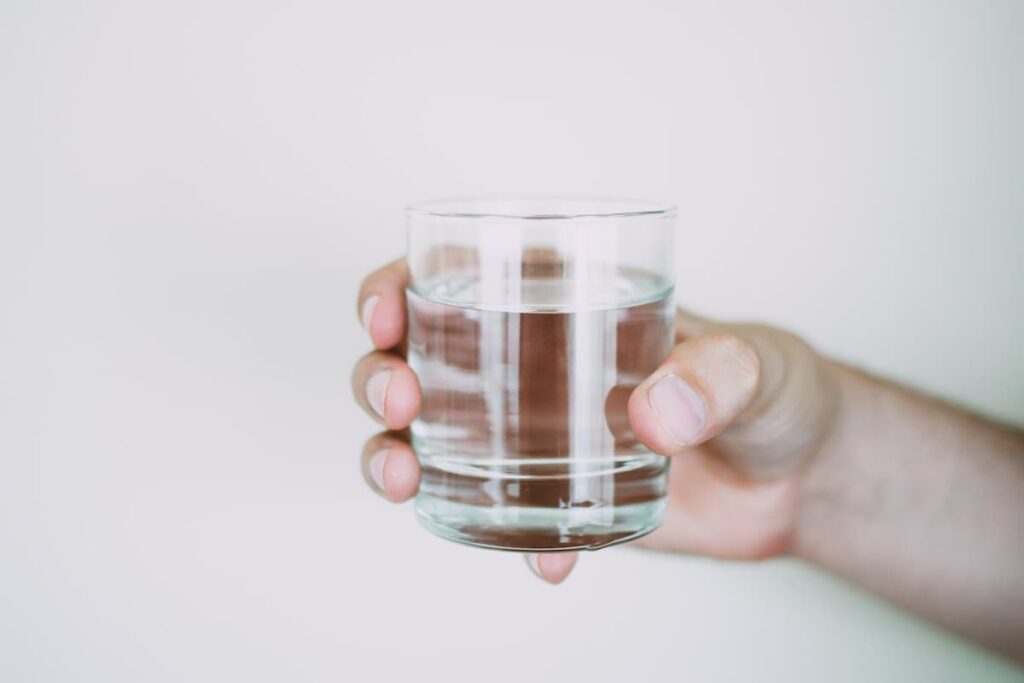Do you have water that tastes odd or has a bad odor? Are you concerned that there might be a problem with it? To find out what is in the water, you may easily have it tested. However, you might not be aware of how frequently or when to have your water analyzed. For Kansas homeowners, the responses to these queries and more are provided below.
Are City Water Tests Necessary?
If you are connected to the city’s water system, it is typically not essential to test your drinking water. To guarantee the safety of the finished product, the Environmental Protection Agency (EPA) mandates routine testing at water treatment facilities. You should notify the neighborhood public utilities department if you detect any changes in your water, such as strange scents or unexplainable colors.
Simple testing can also determine whether city water has a hardness problem. Finding out which minerals are present in the water can help you choose your water treatment more effectively.
When should your well water be tested?
If you use well water instead of city water at home, you are in charge of maintaining its safety and potability. The EPA advises testing your well water for a wide range of contaminants once a year. If you find that the flavor or color of your water has changed, you should test it to make sure it is still safe.
What Qualities Should You Check in Your Water?
According to the EPA, homes should do a minimal E. coli and coliform bacteria test on their drinking water. These two bacteria can cause serious gastrointestinal problems and are harmful to your health. The following minerals, compounds, and substances should also be evaluated:
- Radon
- Arsenic
- Iron
- Manganese
- Nitrates
- Volatile Organic Compounds
It’s wise to check to see if any of the items on the list are present in your well water because some of them may also be damaging to your health.
If your water contains a lot of any of these substances, water filters or water softeners might be able to get rid of them. Your drinking water can be made to be safe, odorless, and free of hard minerals with the help of a qualified plumber.


